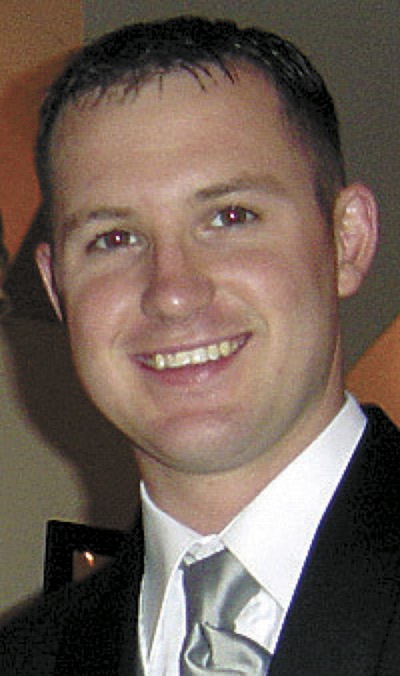Thursday, Jan. 22, 2009 | 2 a.m.
Beyond the Sun
In what could be a landmark case, a Las Vegas-based aircraft mechanic is challenging whether it’s constitutional for the U.S. military to court-martial civilians.
The Air Force is holding Justin Price, a 29-year-old contractor working at an air base in Iraq, in connection with a fire that damaged a Predator drone. In detaining him, the military is invoking a 2006 amendment to the Uniform Code of Military Justice — never applied to a U.S. citizen — that extends military jurisdiction over civilians.
Normally a case like this would be tried by the U.S. attorney’s office, but the Justice Department declined.
The Air Force said it does not comment about ongoing investigations, but according to legal documents, Price’s assigned military defense attorney was told by Air Force prosecutors that charges of arson and reckless endangerment would be filed soon.
Price was supposed to return home from Ali Air Base on Saturday, completing his 120-day rotation working on the unmanned aircraft as an employee of Battlespace Flight Services in Las Vegas. It is contracted to maintain the Predator, operated from Creech Air Force Base, north of Las Vegas.
Price’s civilian attorneys filed a petition in federal court last week claiming the military has no authority to charge him.
That challenge goes to the question of whether the military justice code is constitutional as it now pertains to civilians. Whatever the outcome in U.S. District Court in Washington, it is sure to be appealed as the military attempts to extend its reach over civilian contractors, including those working in such places as Iraq and Afghanistan.
Michael Navarre, one of Price’s attorneys, said there is no need to charge civilians in military court, “particularly when courts in the U.S. are open and able to deal with types of charges at issue here.”
Steve Vladeck, an associate professor at American University’s Washington College of Law, called the Price case “an enormously important test case ... especially given the decades of case law suggesting that the distinction between civilians and service members is one required by the Constitution.”
Courts have repeatedly thrown out cases in which the military has tried to assert jurisdiction over a civilian, most recently in 1970 when a civilian was charged with attempted larceny of 36,000 government-owned batteries. An appeals court ruled that the military justice system has jurisdiction only over civilians “in the field” with the military when Congress has formally declared war.
The amendment to the military justice code, quietly enacted by Congress in 2006, broadened the jurisdiction to civilians involved in “contingency operations” such as the conflicts in Iraq and Afghanistan where there has been no formal declaration of war.
In the petition, Price’s attorneys argue that Congress’ only constitutional power in this matter comes from its ability to declare war. Therefore without a declaration of war, Congress cannot legally subject civilians to court martial.
The court martial is fundamentally unconstitutional, Price’s attorneys say, because it would deprive Price of his rights to a grand jury, a jury of his peers, an appeal, and a unanimous verdict as would be required in federal district court.
“As the Supreme Court has repeatedly explained, the Constitution requires that civilians be tried in civilian courts, perhaps always and at a minimum when a civilian trial is possible,” Price’s attorneys wrote in the petition.
Philip Cave, a director of the National Institute of Military Justice, said precedent makes clear that a lack of alternatives — in Price’s case, the decision of the Justice Department to pass on the case — doesn’t green-light prosecution by the military.
As the amended military justice code stands, the defense secretary has to authorize a civilian court martial, according to Price’s attorneys. It isn’t clear whether Secretary Robert Gates has made a decision about Price’s case. A Defense Department spokesman did not immediately respond to the Sun’s queries Wednesday.
Gates cautioned in a memo in March that the military’s ability to court-martial civilians “requires sound management over when, where and by whom such jurisdiction is exercised.”
Until the federal court rules, Price is confined to the air base in Iraq.
Price’s wife, Calene Price, said her husband was distraught when he was first investigated in November but seems to be doing better. The two talk almost every day, she said.
His employer has tried to boost his morale by transferring one of his friends to the base from another part of Iraq. Price, who was a staff sergeant in the Air Force and stationed at Nellis Air Base as an F-15 mechanic before getting out of the service, volunteered for this Iraq rotation.


Join the Discussion:
Check this out for a full explanation of our conversion to the LiveFyre commenting system and instructions on how to sign up for an account.
Full comments policy